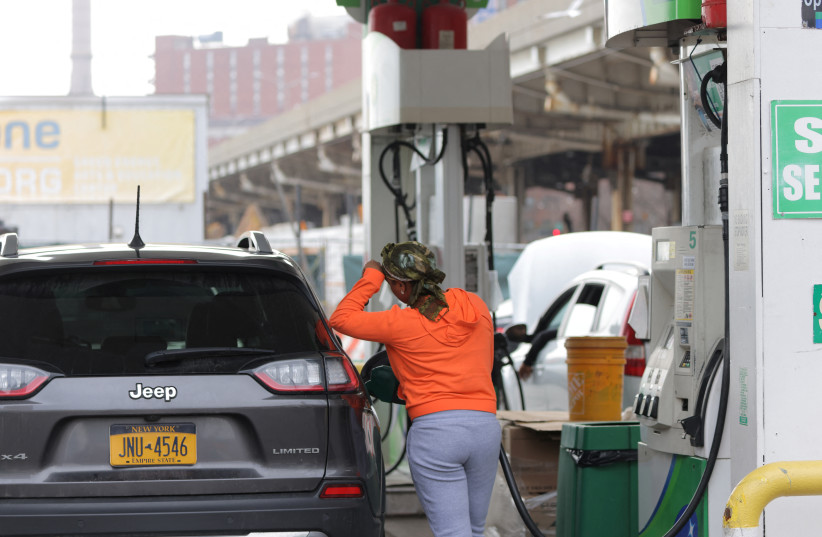Energy prices in Israel are the highest in nine years, since November 2014, according to new data revealed throughout the past week.
Energy prices in the last month jumped by 6% on average as a result of the 8.2% increase in electricity prices, the cancellation of the gasoline excise discount, which increased the price of a liter of gasoline by 9 agurot to NIS 6.94, and a 2.5% increase in the dollar exchange rate.
From the beginning of 2022, prices increased by 20%.
How are the prices affecting Israeli households?
The report shows the financial consequences of price increases on households. Household expenses in Israel for electricity, fuel and cooking gas have increased in the past year by NIS 200 per month, and they stand at an average of NIS 1,910 per month.
Energy costs resulted in an additional expenditure of NIS 6.5 billion for all Israeli households. Another frustrating figure is that 50% of energy expenses are from taxes.

For example, the excise tax on gasoline for cars currently stands at 62% of the price of each liter. The previous and new governments haven't remained indifferent to the rising cost of living and its negative effects. During 2022, they spread out the increase in electricity rates, reduced the excise tax and are now trying once again to spread out price increases in electricity rates.
Chairman of the Israeli Institute of Energy and Environment Yossi Rosen believes that expenditure costs could have been reduced if the government had reduced the burden of the energy tax on households, such as the excise tax on gasoline which as mentioned stands at 62%.
Yet he points out that thanks to discoveries of new gas deposits, the rate of price increases in Israel is significantly lower than that experienced by households in Europe and the US. One of the results of rising prices is an increase in dividends of energy producers to a record of $415.9 billion in the third quarter.
Clarity Capital CEO Amir Leibovich stated that in 2023, slower global growth will affect profits and the ability of certain companies to distribute dividends.
